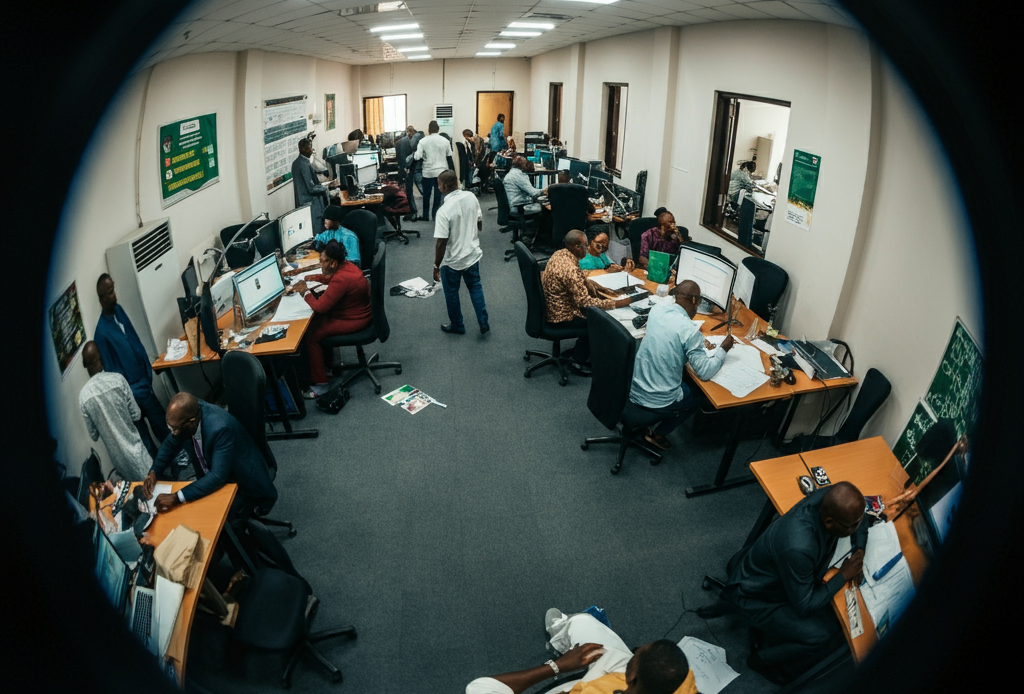
We’ve all experienced those frustrating moments at work—an environment that feels more draining than uplifting, where productivity seems low, and the overall vibe is tense. The cause? Often, it’s not just the workload but a series of toxic habits that have crept into the workplace. Sometimes, these habits are so ingrained that they become invisible, but their effects are palpable.
The good news is that recognizing and eliminating these toxic behaviors can foster a healthier, more positive workspace that fuels productivity, collaboration, and job satisfaction.
Let’s uncover the top 10 toxic workplace habits you must avoid if you want to succeed in a thriving work environment.
1. Constant Complaining

It’s normal to voice dissatisfaction occasionally, but when complaining becomes the default reaction, it breeds negativity. Chronic complaining drains the team’s energy, lowers morale, and does nothing to solve the problem. Instead of falling into this habit, provide constructive feedback and actionable solutions when faced with issues. This shifts the focus from what’s wrong to how things can improve.
2. Gossiping

Gossiping may seem like harmless banter, but it can rapidly damage trust and relationships within a team. People spreading rumors or talking behind others’ backs fosters division, resentment, and anxiety. Avoid getting involved in office gossip and instead promote a culture of transparency and direct communication. A team that trusts each other works better together.
Read: 7 Worst Career Advice (and Smart Moves You Should Make Instead)
3. Not Taking Accountability

Passing the blame or refusing to admit mistakes is one of the quickest ways to lose credibility at work. A lack of accountability leads to resentment and frustration among team members. Owning up to your errors builds trust and shows emotional maturity and responsibility. The next time something goes wrong, take a moment to reflect on your role, own up to it, and be part of the solution.
4. Micromanaging

Micromanagement is a productivity killer; no one likes being monitored every minute of the day. When leaders micromanage, it stifles creativity and prevents employees from taking ownership of their tasks. Employees thrive when they have autonomy and trust from their superiors. Learn to delegate effectively and give people the space to manage their work. Encouraging independence often leads to better results and more satisfied employees.
5. Ignoring Boundaries
Respect for personal space, time, and emotional boundaries is critical in maintaining healthy workplace relationships. Whether it’s overstepping by invading someone’s workspace without asking or sending work emails late at night, crossing boundaries can lead to burnout and frustration. Be mindful of others’ time and personal space. Ensure your team understands and respects each other’s boundaries for a more harmonious work environment.
6. Poor Communication

Miscommunication can lead to confusion, missed deadlines, and strained relationships. Poor communication can wreak havoc on a team, whether it’s unclear instructions, failure to provide essential updates, or a lack of transparency. Make it a habit to communicate openly, clearly, and frequently. Whether through emails, meetings, or quick check-ins, ensure everyone is on the same page to avoid misunderstandings.
Read: 7 Techniques to Help You Become a Super Communicator
7. Procrastination

We’ve all been guilty of putting things off until the last minute. However, chronic procrastination stresses you out and impacts your colleagues, especially if you work in a team. Rushed work often leads to mistakes and missed opportunities for improvement. By managing your time effectively and staying on top of your tasks, you reduce personal stress and contribute to a more efficient team dynamic.
8. Being Unapproachable

Being approachable is key in a collaborative work environment. Unapproachability can create a toxic atmosphere where people avoid collaboration, whether through a negative attitude, arrogance, or unwillingness to help. Make an effort to be open, friendly, and willing to engage with your colleagues. It makes teamwork more effective and builds a more supportive environment.
9. Lack of Empathy

Empathy is often overlooked in the workplace but plays a crucial role in building strong teams. A lack of empathy can make you seem cold or dismissive, which leads to conflict and disconnection. Whether you’re a leader or a team member, showing empathy by listening, understanding, and supporting your colleagues can foster a positive, collaborative environment. Empathy encourages trust, and trust builds a stronger team.
10. Withholding Information

Information hoarding is a subtle but powerful toxic habit. When employees or managers withhold information to maintain control or seem more indispensable, it stifles team collaboration and progress. Sharing information openly helps build trust and ensures everyone is equipped to contribute their best. A team that shares knowledge freely is more innovative and efficient, leading to better results for everyone.
Workplace culture plays a huge role in shaping employee satisfaction and overall productivity. By actively avoiding these toxic habits, you’ll not only improve your own experience but also help create a healthier environment for your colleagues. The key to a thriving workplace is self-awareness and a willingness to make positive changes. Ready to enhance your professional journey?
Follow RefinedNG and subscribe to our newsletter to stay updated with more tips and insights on personal and professional development.
